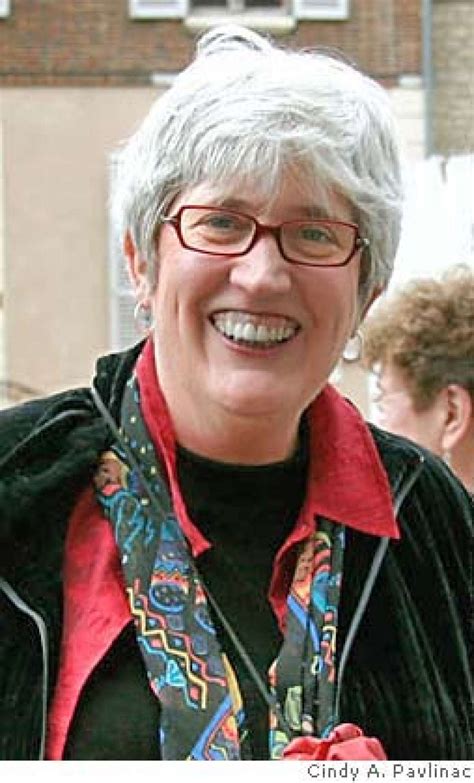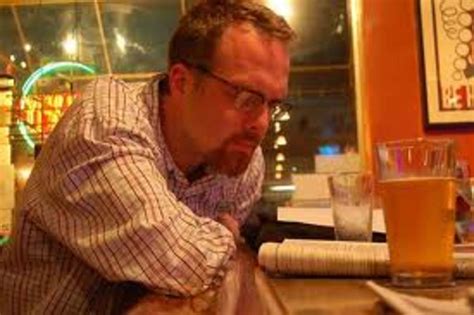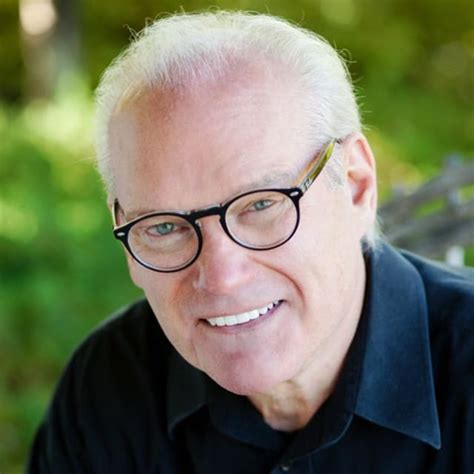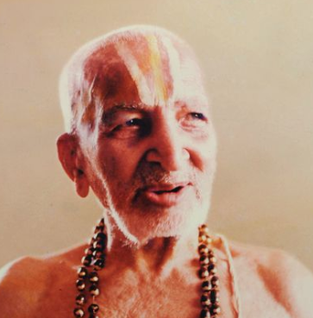A Quote by Mooji
Questions appear real for as long as you consider yourself to be a person. When you realize you are the impersonal presence, all questions vanish.
Related Quotes
I gravitate toward the larger worldview questions such as, Why are we here? What are we supposed to be doing? What does it mean to know another person? To love someone? Of course, those questions are sort of in the background as I'm playing with language in the foreground, but those are the informing questions.
The great philosophers of the 17th and 18th centuries did not think that epistemological questions floated free of questions about how the mind works. Those philosophers took a stand on all sorts of questions which nowadays we would classify as questions of psychology, and their views about psychological questions shaped their views about epistemology, as well they should have.





































